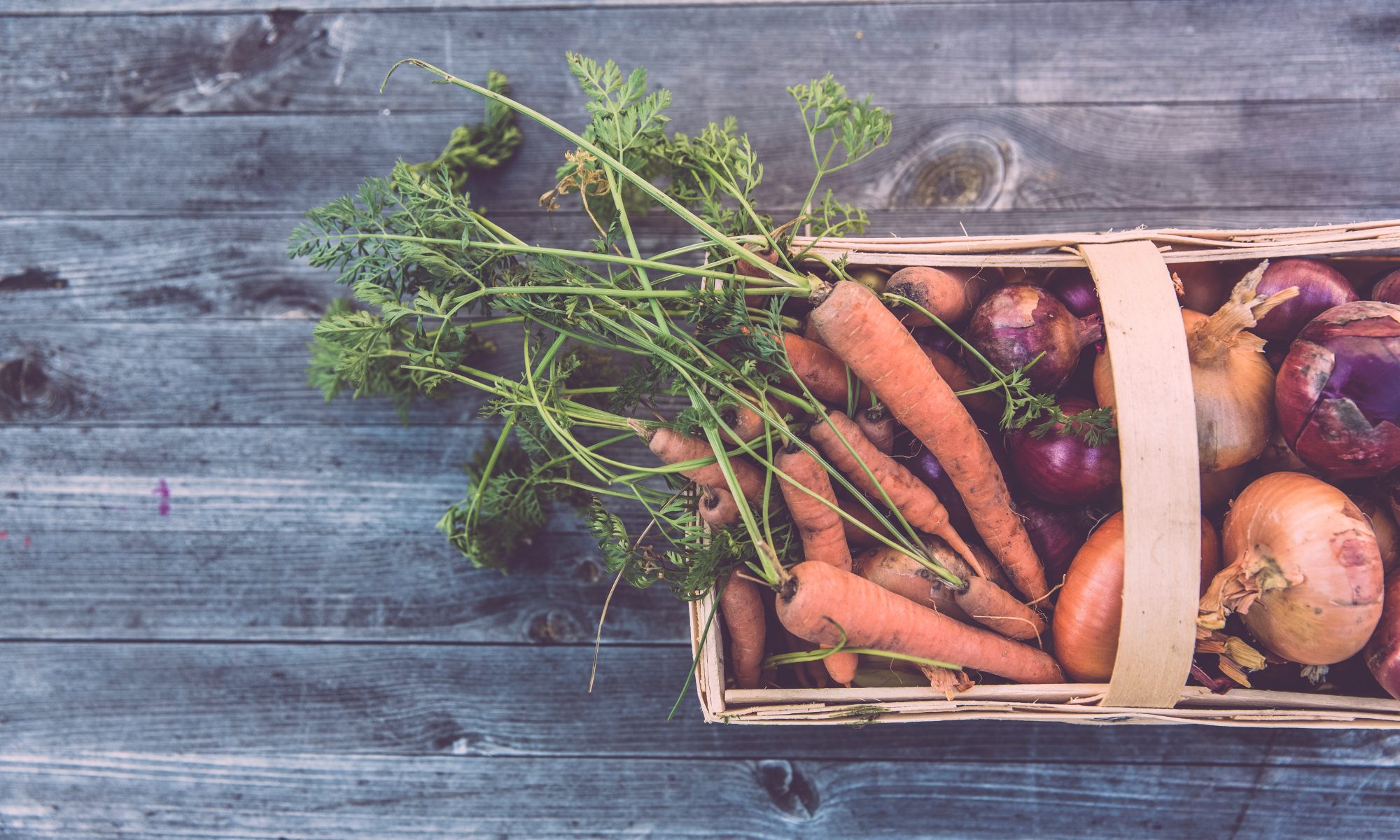Urban agriculture is steadily growing in popularity.
Ranging from community gardens to food cooperatives to vertical greenhouses, urban agriculture’s popularity stems from its ability to build community capacity, create local businesses and jobs, provide health benefits, strengthen rural-urban relations, support social movements, and contribute to local food security.
Outlined below are three urban agriculture initiatives that play an important role in reshaping community food systems. All three are sharp-edged arrows in the sustainability quiver:
Oshkosh Food Co-op
In November 2019, the Oshkosh Food Co-op launched a $1.6 million capital campaign to open a grocery store in Oshkosh, Wisconsin. Their campaign obtained pledges and gifts through member-owned loans, donations, grants, and developer/vendor support to achieve its fundraising goal in four months. The co-op is now in a position to construct a thriving, full-service grocery store in the heart of Oshkosh.
The Oshkosh Food Co-op plans to locate on the southwest corner of Jackson Street and Pearl Avenue in the Brio Building — the first of three projects planned by Merge Urban Development in the Marion Road District Opportunity Zone. The site was selected for its high visibility; easy access for bus riders, pedestrians, bikers, and boaters; and plentiful parking. The location is also classified by the U.S. Department of Agriculture as a “food desert.” Generally speaking, these are places where residents do not have ready access to healthy and affordable foods. The Food Co-op will lease 10,000 square feet on the first level, using 6,500 square feet and subleasing the remaining space. Groundbreaking is scheduled for Spring 2020.
Food Co-Op Initiative Development Model
To ensure success, the Oshkosh Food Cooperative is adhering to the Food Co-op Initiative’s Development Model (4 in 3). The development model provides a structure for planning and organizing the process of creating a new food co-op. The model’s four cornerstones are: Vision, Capital, Talent, and Systems. The cornerstones encompass the three stages of food co-op development: Organizing, Feasibility and Planning, and Implementation. Building the grocery store, hiring staff, and satisfying owner/member needs will be the first order of business for the immediate future.
Once open, the co-op will provide a year-round market for local farmers. The grocery store plans to source approximately 20% of its produce and goods from Northeast Wisconsin.
TigerMountain Foundation
The TigerMountain Foundation (TMF) in South Phoenix seeks to empower communities to better themselves from within. Central to this concept is asset-based community development that builds on existing strengths and brings individuals, associations, and institutions together to realize and develop their potential.
Urban agriculture and landscaping are central to the TMF mission. They are renowned for working with formerly incarcerated individuals and hardened persons exhibiting high-risk behaviors. TFM provides applied mentoring that teaches participants how to work in their community gardens (Garden of Tomorrow, Spaces of Opportunity Garden) and on their landscaping crews. Produce is sold at local farmers markets. Specialty crops are grown for area restaurants. Landscaping services are provided to local residents and businesses. Special emphasis is placed on developing a strong work ethic, strengthening entrepreneurial knowledge, and improving financial literacy.
In addition to producing sustainable food for the local economy and creating a sense of community, TMF is credited with launching more than 1,000 entrepreneurs in various businesses.
Vertical Harvest
“Vertical Harvest is dedicated to growing fresh local food and jobs in urban communities.” So reads the banner on the company’s website. Operating in the heart of Jackson Hole, Wyoming, the firm operates in a three-story, state-of-the-art, hydroponic greenhouse that grows 100,000 pounds of produce each year. That’s equivalent to the food yield on ten acres of traditional farmland. This allows the company to grow produce year-round despite the challenges posed by Wyoming’s harsh winters.
Locally-grown, fresh vegetables are sold to Jackson area restaurants, grocery stores, and directly to consumers at MARKET @ Vertical Harvest. This direct farmer to consumer retail store is located in their greenhouse facility. Patrons also have the option of purchasing locally crafted foods and gifts from around the Jackson Hole area.
Best of all, Vertical Harvest collaborates with Cultivate Ability to produce jobs, internships, and educational opportunities for individuals with intellectual and physical disabilities. The work of more than 15 local Wyoming residents with disabilities is organized under the tenets of Customized Employment, signifying an employee/employer relationship that meets the needs of both parties.
The company fields inquiries from cities around the world and plans to develop seven greenhouses in different locations around the country in during the next five years. The first greenhouse expansion project is scheduled to open in Fall 2020.
Sustainable Communities Innovation Challenge
In Summer 2019, Vertical Harvest was awarded a $500,000 contract through Fannie Mae’s Sustainable Communities Innovation Challenge. The open competition is part of a two-year, $10 million commitment by Fannie Mae to generate innovative ideas that address the nation’s affordable housing crisis. Contract awardees were chosen to create housing opportunities that are safe, sustainable, and affordable.
Vertical Harvest’s proposal calls for the preparation of a feasibility study that explores the potential for vertical farms at affordable housing developments in Metro Chicago. The goal is to improve food security and nutrition, while promoting holistic community wellness. Determining which greenhouse model can be integrated into the developments, and what products best serve the Midwest’s largest metropolis, will be focal points. The study will also look at complementary programs that might be incorporated into greenhouses and provide additional community benefits. Reports indicate the feasibility study will be completed in Summer 2021.
Each of these urban agriculture initiatives hold the promise of reconnecting the farmer and consumer, while making a positive impact on society.
###

